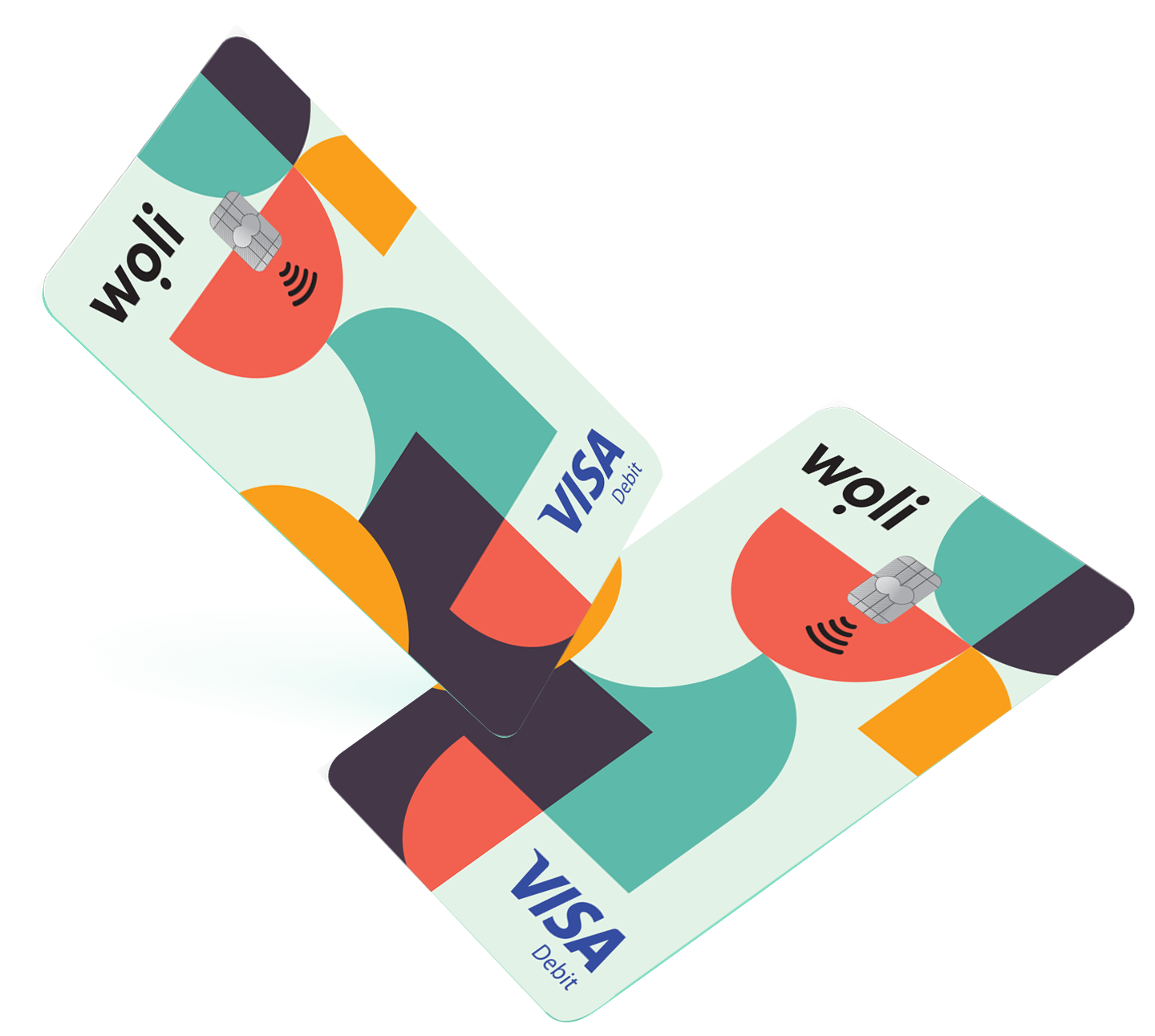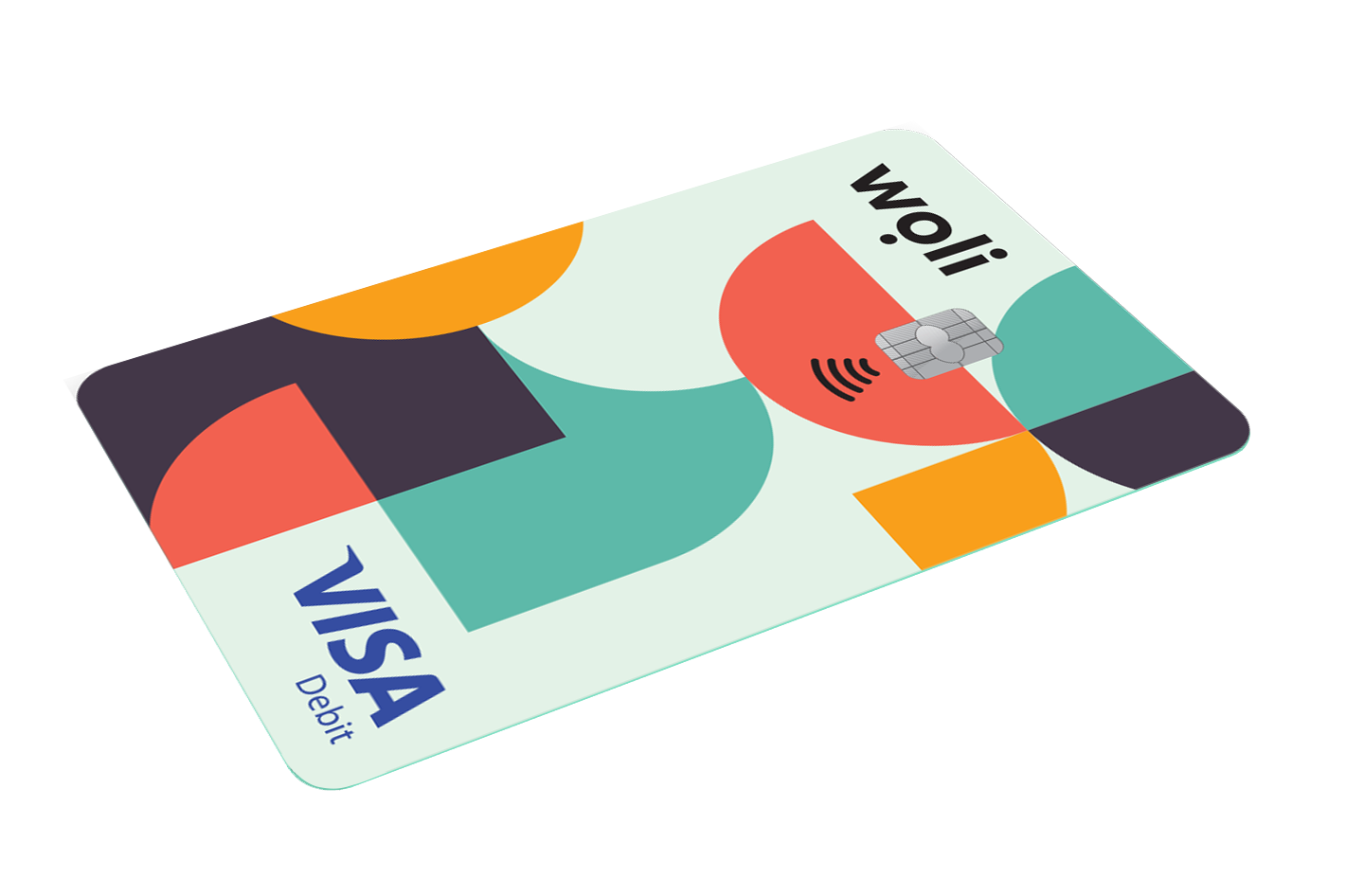Managing the family finances. A job that traditionally corresponds to the “big men” of the house, as with any job that involves money. But how would you feel if we told you that financial management of the home can be a job for both the big and… small? What would you think if someone told you that this is how your child can learn how to properly manage their own money?
If the first thing you did picture is your child withdrawing money from the bank, hit “skip” on the spot. Of course we don’t mean that! But there is a good reason to ask him to help you manage your finances: Money management skills!
A “set” of skills that every child needs to develop in order to learn how to manage their money properly. To acquire what we call “financial literacy” early on!
Read on and learn how to help your child develop these much needed skills!
Pay bills and do the house shopping together!
Did the phone bill come? Great! Here’s a prime opportunity to pay a bill together! It’s a good idea to do the whole process in front of the child, ideally with their active participation. Open the bill together and ask him to read you the amount due. Make the payment online together. Show him the whole process and ask him to help you by telling you your card number. At the end, ask him to read you the payment receipt, while explaining the importance of the receipt in every transaction.
Similarly at the supermarket! Go out together to do the house shopping and show your child how to complete the process on their own. Empty the basket at the checkout and give him/her the money so that he/she can pay for your shopping (without forgetting to say hello to the cashier, of course!). When you get home, ask him/her to read the purchase receipt to make sure that the amounts there correspond to the items you bought. That way you will be sure that your money was spent correctly!
Discover together the value of market research and budgeting!
It’s also important to teach your child what market research and budgeting is all about. Talk about what budget means and don’t just stick to theory. Use concrete, everyday examples and get your child involved! Think together about different things you need at home, look at your available money together and set a budget. Then start your market research for each item. If your child has well-developed “googling skills” – and something tells us they do! – ask him or her to look for information, comments and reviews on the products you’re interested in (and that are within your budget, of course). Once you’ve gathered the necessary information, start making comparisons and make decisions together. Find the most “value-for-money” purchases and ensure that your money gets value for money!
Find common goals and save money together!
In an ideal world, money would always be endless and grow on trees! But the real world, unfortunately, doesn’t work like that. From way back to the present day, people have been setting goals and saving money to achieve them. Houses, cars and smartphones are some of the most common goals of the modern adult. How does he achieve them? By saving!
So what better way than to start saving money with your child! Find common goals and design a savings plan to achieve them. Don’t forget that these goals must be attractive to the child so that he or she will be motivated to save with you. Such goals can be, for example, a family trip or a new smart TV for your home so you can watch your favorite movies together. So what are you waiting for? Find your goal, get… a piggy bank and start saving money today!
Learn the value of donation together!
Just as it is important for your child to learn the value of saving, it is equally important for them to learn the value of giving! Not only because it will teach him that the money he gives is invaluable to someone in need. But also because it will allow the child to develop even more empathy, learning to show solidarity with those in need. He will learn not only how to be a more responsible person, but also how to be a better person!
So donate together. Whether you do it online or in the physical world, it makes little difference. What matters a lot is that you explain to him what each donation you make means, why you are making it, and who are the people who need your money. It is your chance, by teaching your child to manage their money properly, to also teach them the value of mutual respect and solidarity!
Make pocket money… a family affair!
What does pocket money have to do with managing the finances of a home? Yes, it does! Apart from the fact that a child’s allowance is also part of a family’s finances, there is something else… If you teach your child to manage their allowance properly, when they become an adult they will be able to manage their own household finances responsibly!
Make your child a “partner” in pocket money and teach him how to manage it properly! Having applied everything you have read above, it is the right time to give him a degree of autonomy in managing his money. Let him make his own choices, always within the limits you choose. So that he can learn what good financial management means in practice, always with the “invisible” guidance of his family!
Difficult? Not necessarily! After all, you have a “strong” ally on your side…
Woli!
The first prepaid card and app, for 10-18 year olds, co-managed by parents!
It’s the child’s first digital account, allowing them to manage their money autonomously and safely and gain valuable financial management skills!
Set goals with your child and decide how to achieve them. Set limits on his allowance and let him learn how to work within them. Teach him how to earn money by completing tasks and empower him to budget and save like a little… adult!
A little “adult” who dreams of one day becoming a responsible adult like you! It’s worth showing him the way, don’t you agree?









